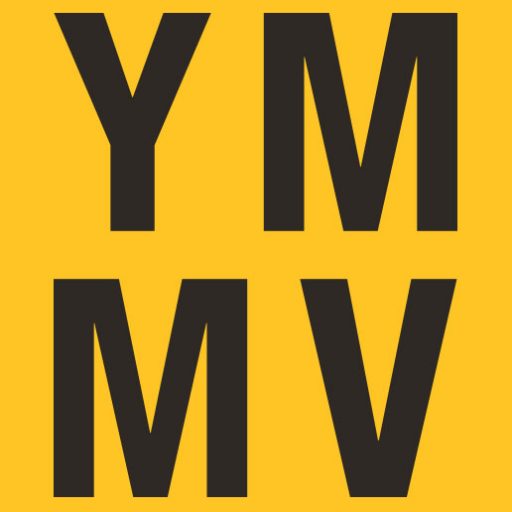Technology has become huge in travel. You’ve got the ability to make reservations on your phone, have your boarding pass on your phone, programs such as CLEAR allow you to bypass the TSA lines and Global Entry lets you skip the regular line when returning to the U.S.
And now comes the next step – a pilot program will allow the citizens of two countries to enjoy international travel without having their passports.
The governments of Canada and the Netherlands recently announced plans to launch a trial program for paperless travel between the two countries. Air Canada and KLM Royal Dutch will be the first two airlines to participate in the pilot program, with flights between Amsterdam and airports in both Toronto and Montreal.
The program is possible because of, of course, technology. In this case, a new initiative called Known Traveller Digital Identity (KTDI), which is the first platform to use a traveler-managed digital identity for international paperless travel. The way they do it is the identity data that’s usually stored on a passport’s chip is encrypted and securely stored in a digital wallet on the traveler’s cell phone.
Of course, the first thought with this technology would be privacy and security. But they seem to have it all figured out.
Participants in the program will each have his/her own private key that will prove who they are, and therefore only they will be able to access and share the information in their KTDI. Meanwhile, only trusted authorities (i.e., border authorities, airlines, etc.) will be able to accept the information the traveler is sharing. The information shared with the trusted authorities is protected with blockchains that, among other things, doesn’t contain any personally identifiable information. This, in turn, gives travelers control over when, how and to whom their personal data is shared, as well as privacy and security of their personal information.
Mobile interface authority perspective. PC: World Economic Forum
The pilot program will only be available to Canadian or Dutch nationals, age 18+, on a by-invitation-only basis. Potential participants can accept the invitation or not, and if they accept, they can withdraw their consent whenever they wish; it’s 100% voluntary – and free.
The trial period is expected to be testing internally throughout 2019, followed by trials in a contained live environment, and then completing the first “real” flights – paperless journeys between Canada and the Netherlands – in early 2020. The goal is to include 10,000 end-to-end passenger trips.
And after that, who knows….? 😉
*** Feature photo via World Economic Forum
Like this post? Please share it! We have plenty more just like it and would love if you decided to hang around and clicked the button on the top (if you’re on your computer) or the bottom (if you’re on your phone/tablet) of this page to follow our blog and get emailed notifications of when we post (it’s usually about 3 or 4 times a day). Or maybe you’d like to join our Facebook group, where we talk and ask questions about travel (including Disney parks), creative ways to earn frequent flyer miles and hotel points, how to save money on or for your trips, get access to travel articles you may not see otherwise, etc. Whether you’ve read our posts before or this is the first time you’re stopping by, we’re really glad you’re here and hope you come back to visit again!
This post first appeared on Your Mileage May Vary
Join our mailing list to receive the latest news and updates from our team.

